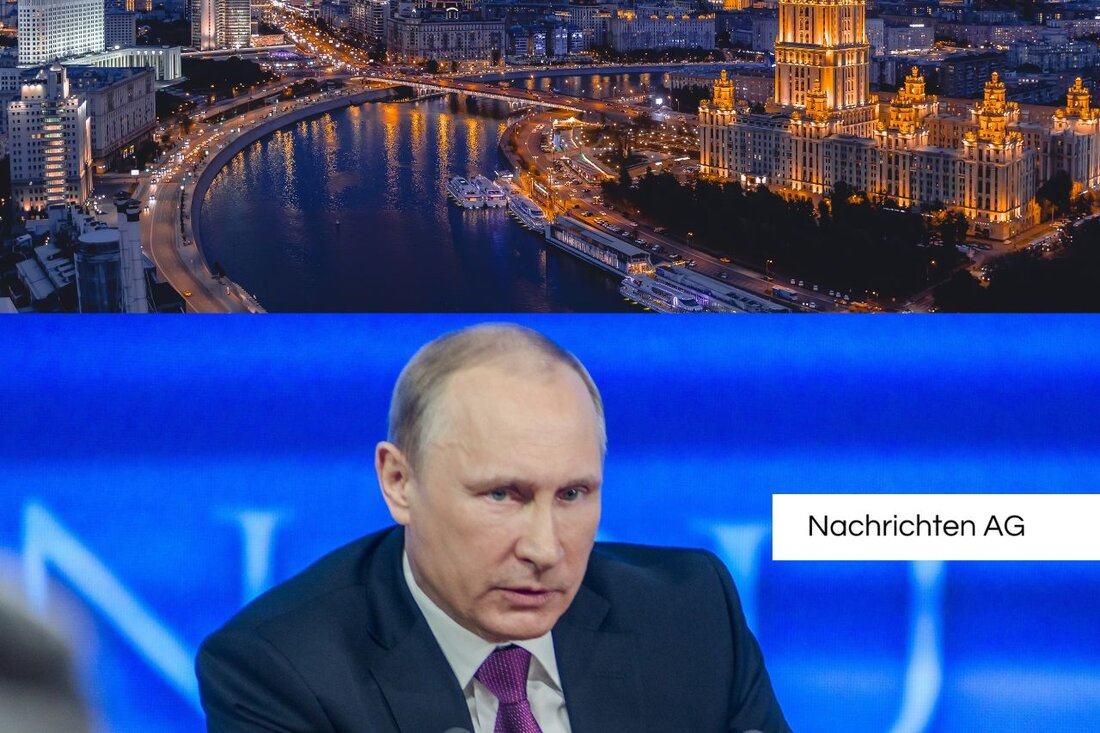Baltic Sea under pressure: Wadephul warns of military conflicts!
Federal Foreign Minister Wadephul warns of military conflicts in the Baltic Sea at the security conference in Kiel.

Baltic Sea under pressure: Wadephul warns of military conflicts!
The “Kiel Security Conference” took place in Kiel today under the aegis of the Konrad Adenauer Foundation. In his introductory speech, Federal Foreign Minister Johann Wadephul (CDU) highlighted the critical situation in the Baltic Sea region, which is currently considered a geopolitical hotspot. Loud NDR He warned of a possible military confrontation, which will be exacerbated by Russia's aggressive activities in the region.
The Baltic Sea, a key area for Europe's security, has become a stage of international tensions in recent years. Wadephul emphasized that Russia is increasingly using hybrid operations to destabilize societies. His focus is not only on military provocations, but also on reports about Russian ships that show suspicious activity on submarine cables and may act as platforms for civilian troops. numbers RND show that around 70-80% of Russian crude oil is exported through the Baltic Sea, which could increase the strategic importance of these waters.
Hybrid threats and military presence
The security conference brought together high-ranking politicians, military officials and experts who discussed the changing security situation in the Baltic Sea region. Wadephul calls for a strong and flexible military presence in the Baltic Sea in order to effectively counter the threats. Latvia's Foreign Minister Baiba Braže pointed out that the number of hybrid attacks has recently increased sharply and that an incident in the Baltic Sea could have catastrophic ecological and economic consequences.
NATO commander Ingo Gerhartz supported Wadephul's argument, emphasizing that supporting Ukraine is the best deterrent against Russia. After the Madrid Summit, NATO decided to increase its defense resources in the region, which is already being implemented by neighboring states such as Denmark and Norway in the form of increased military readiness. Loud SWP The need to protect critical maritime infrastructure is also recognized as it is increasingly targeted by hybrid attacks.
Germany's commitment
In his speech, Wadephul announced that Germany is ready to invest 3.5 percent of gross domestic product in defense and an additional 1.5 percent in infrastructure and cybersecurity. This represents a significant increase compared to the current defense ratio of approximately 2.1 percent. The need to be prepared for cyber attacks, sabotage and disinformation is greater than ever.
Developments in the Baltic Sea region and the strategic interaction of international forces require coordinated action by NATO states in order to counter the growing threats. With Sweden and Finland joining NATO, the geopolitical landscape has changed significantly. The Baltic Sea could thus develop into a crucial arena of global great power rivalry, which requires increased vigilance.

 Suche
Suche
 Mein Konto
Mein Konto